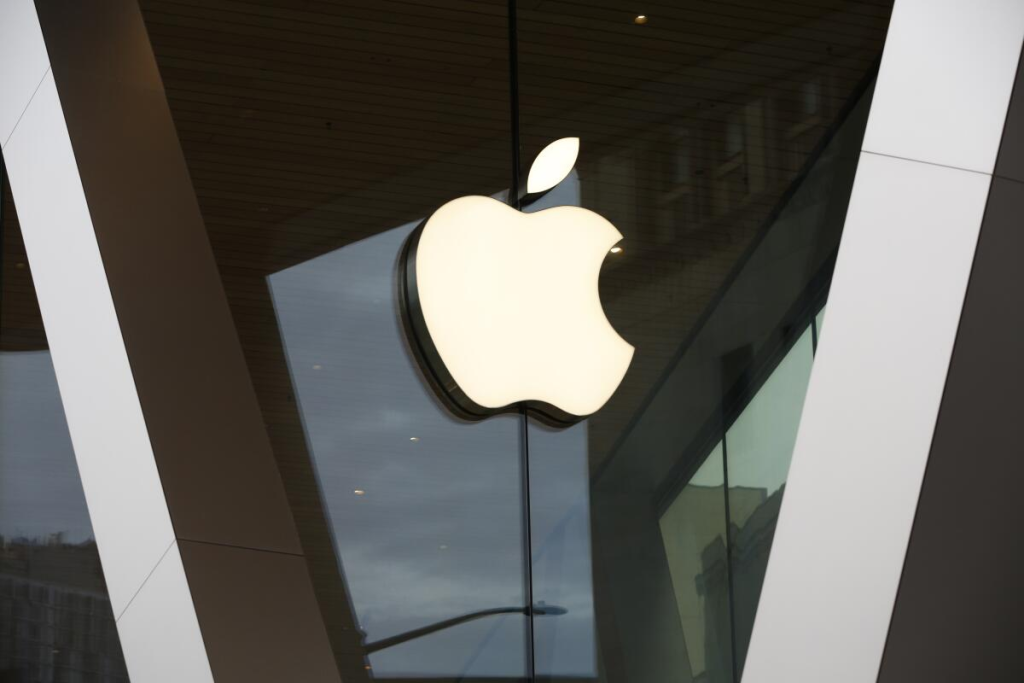The Apple Inc. executive leading talks with Indonesia to lift the country’s iPhone 16 sales ban departed Jakarta on Wednesday, after a late stage about-face from a minister scuttled a deal, according to people familiar with the matter.
Nick Amman, Apple’s vice-president of global affairs, left empty handed despite Indonesia’s President Prabowo Subianto last month directing his ministers to accept Apple’s $1 billion investment offer and put an end to the saga. Indonesia prohibited the sale of Apple’s flagship device in October, saying Apple had failed to comply with domestic manufacturing requirements for smartphones and tablets.
Apple’s $1 billion offer included one of its suppliers setting up a plant on the island of Batam to produce AirTags as well as helping to fund local academies that equip students with tech skills like coding. But despite Prabowo’s greenlight, Minister for Industry Agus Gumiwang Kartasasmita decided to uphold the ban in negotations this week. He told Amman and the Apple delegation that the US company needed to fulfill a local regulation that requires it to make part of its iPhone, or the iPhone’s components, onshore.
The account from people familiar with the matter, who asked for anonymity discussing private matters, hints at the internal power dynamics playing out within Indonesia’s new government. It also reflects the challenges faced by global companies that want access to the vast pool of consumers in developing economies, but must contend with volatile and growingly nationalistic local politics.
Representatives for Apple didn’t respond to a request for comment. The President’s office and spokespeople from the Ministry of Industry also didn’t respond to requests for comment.
Prabowo warmed to Apple’s expanded proposal, which also includes funds to set up a plant in Bandung to make other types of accessories, after being briefed on it over a weekend last month. At that meeting, Prabowo greenlit the government to accept Apple’s offer, and urged his cabinet to try and obtain more investments in future.
Prabowo directed his Coordinating Minister for Economic Affairs Airlangga Hartarto to take the lead and wrap up the deal, but it was Kartasasmita who insisted that Apple fulfill the local manufacturing requirement before the ban is lifted, the people said. The Coordinating Ministry for Economic Affairs also didn’t respond to a request for comment.



